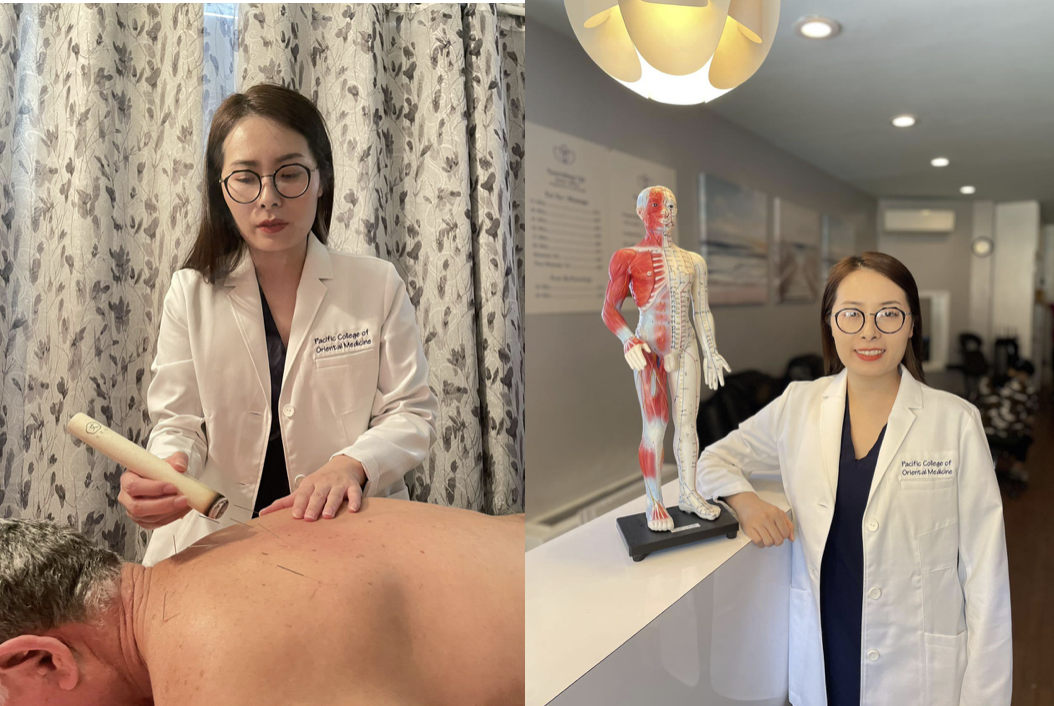
Yan Zhou, the NYS licensed acupuncturist and traditional Chinese medicine practitioner and board member of the American Acupuncture Association (AAA), emphasizes that acupuncture and dry needling differ in their approach toward healing. Unlike dry needling, which concentrates solely on releasing trigger points to alleviate musculoskeletal and neuromuscular pain, acupuncture aims to achieve overall well-being by harmonizing and balancing the body. Acupuncture focuses on identifying and addressing the underlying causes of an ailment rather than just managing its symptoms.
“Acupuncture is one of the traditional Chinese medicine modalities that entails inserting slender needles into designated points on the body to stimulate the flow of “Qi,” or life force. Acupuncture can profoundly affect an individual’s general health and well-being,” Yan said.
According to Yan, dry needling specifically targets dysfunctional muscle trigger points and is commonly used to treat muscle tightness. On the other hand, acupuncture concentrates on regulating the flow of Qi through the meridian or channel systems, where each acupoint corresponds to different Zang-fu organs or channel systems. The stimulation of these acupoints can restore balance and promote healing.
Yan has personally witnessed the advantages of acupuncture for her patients. By stimulating particular areas of the body, she assists in decreasing pain, enhancing sleep quality, alleviating stress, and bolstering the body’s innate recuperative abilities. She maintains that acupuncture is a crucial means of promoting complete well-being and advocates that her patients incorporate it into their routine self-care practices.
Zhou’s commitment to acupuncture is evident in her numerous accomplishments and contributions to the discipline. She has played a significant role in advancing and advocating for Chinese medicine education in the United States.







